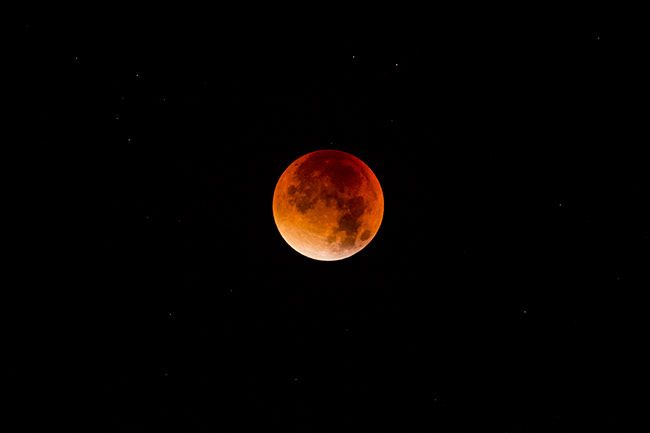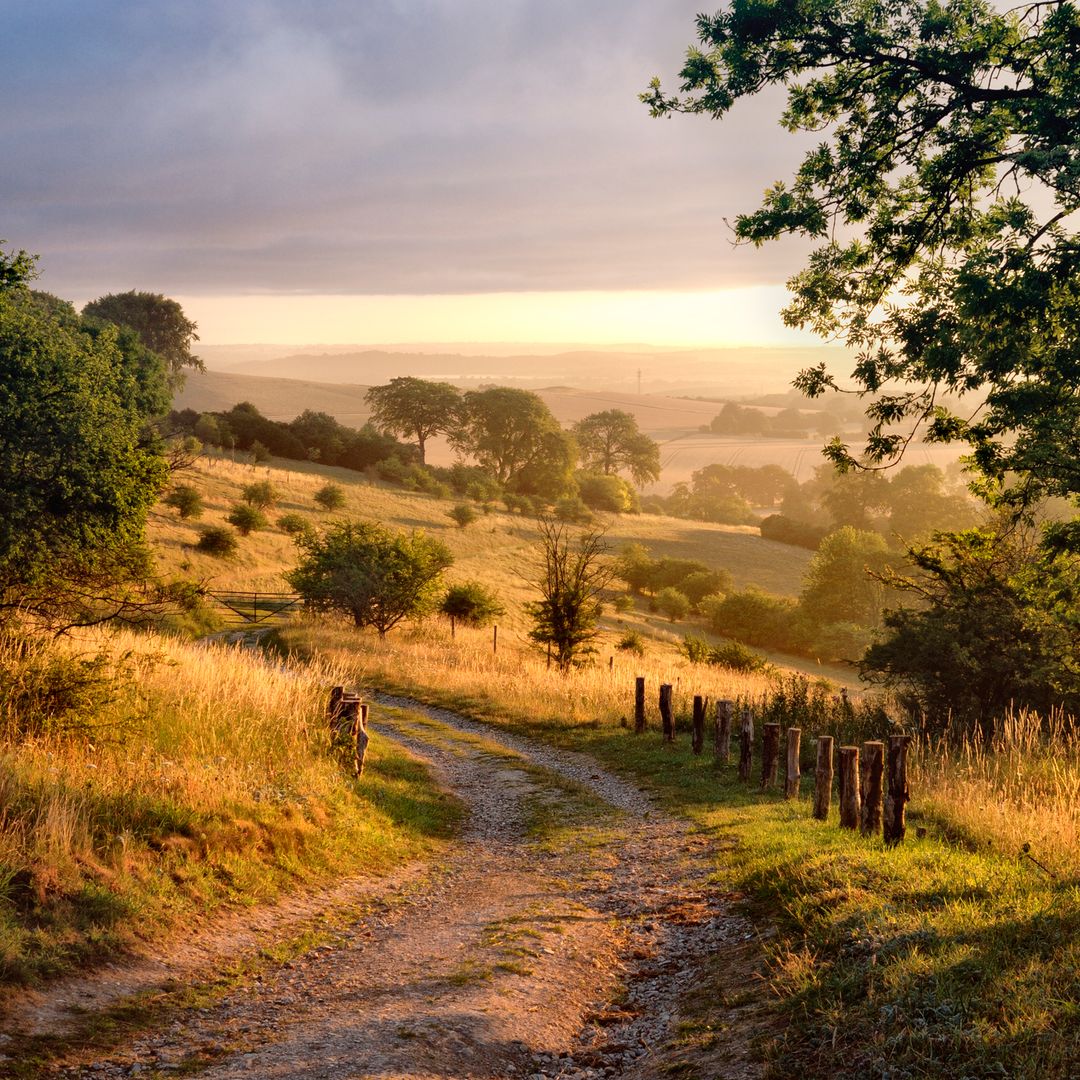A once-in-a-lifetime celestial event is going to happen on the night of 31 January – the Super Blue Blood Moon. Although supermoons, lunar eclipses and blue moons are each relatively common on their own, it's very rare that they all take place on the same night, and the last time all of them occurred simultaneously in the Western Hemisphere was in 1866.
When is the Super Blue Blood Moon in the UK?
Unfortunately, the UK is set to miss out on seeing the rare Super Blue Blood Moon, with Western North America, Asia, the Middle East, Russia and Australia said to get the best view. However, Brits will get to see a Super Blue Moon instead.
A Super Blue Blood Moon is set to occur on 31 January
When is the best time to see the Super Blue Blood Moon?
The moon will rise at about 5pm on Wednesday 31 January, and will be high in the sky from around 7pm until 8am on Thursday 1 February. However, the best time to see the moon at its brightest will be around 12.30am. Anyone who doesn't want to miss out can also watch NASA's live stream of the Super Blue Blood Moon from 10.30am in the UK.
MORE: See the latest travel features here
What is a Super Blue Blood Moon?
A Super Blue Blood Moon is the term used when a number of lunar events all happen at the same time. A blue moon is when two full moons happen in the same calendar month, lunar eclipses occur when the moon passes into Earth's shadow, while a supermoon happens when the moon's rotation around the Earth brings it closer to our planet. The eclipse will give the moon a reddish colour, known as a blood moon.
What is the next rare celestial event I can see in the UK?
There will be a black moon in the UK in February. This is an extremely rare phenomenon which means there is no full moon during the shorter calendar month. However, there will be a second full moon, or blue moon, in March. We will also see a super new moon on 13 July and a total lunar eclipse on 27 July.








